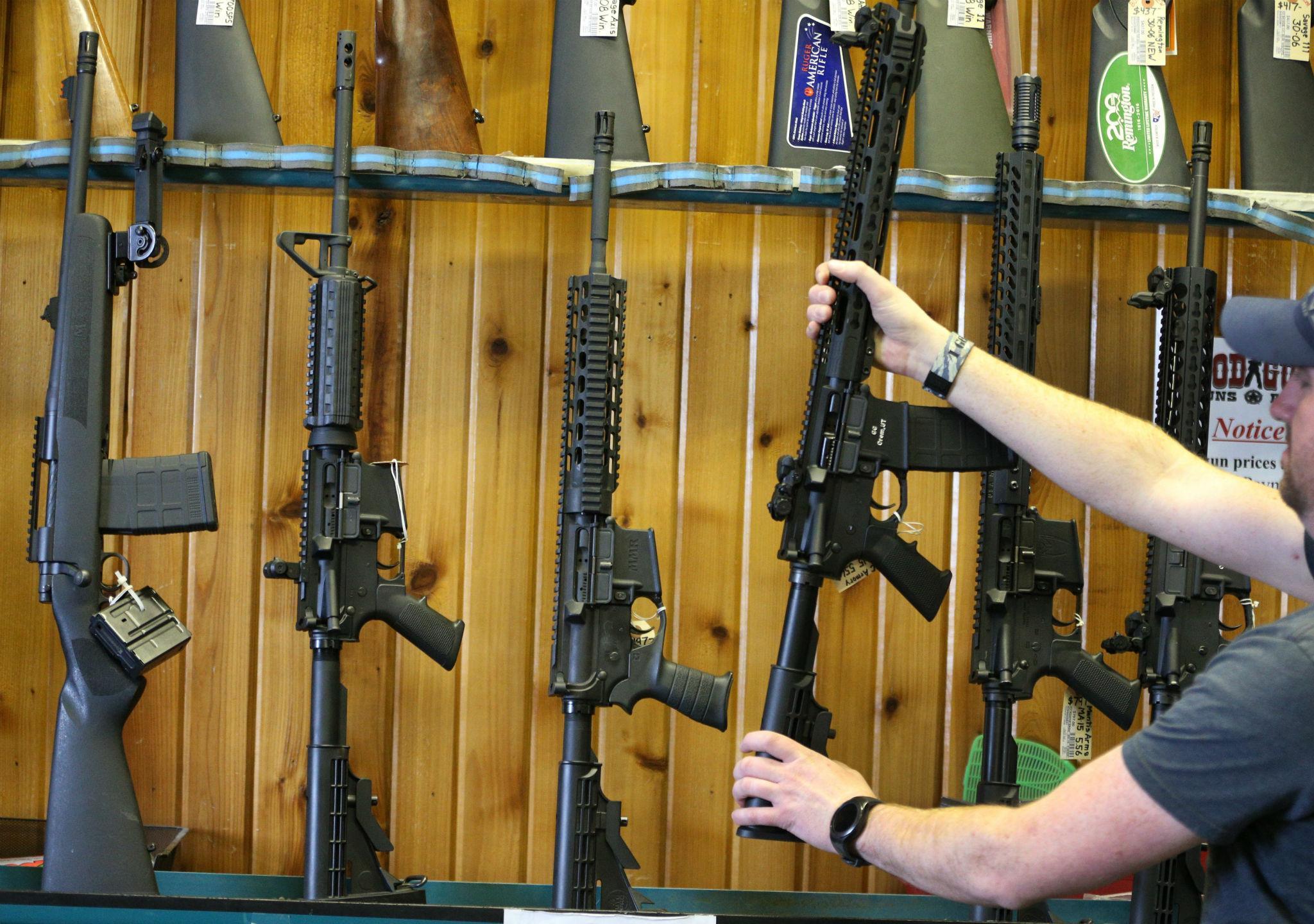What is the Second Amendment and why can the 'right to bear arms' cause so much argument and debate?
The amendment has become increasingly more controversial since it was adopted in 1791

Each American mass shooting in recent history has been followed by calls for more gun control laws, with proposals ranging from requests for “sensible restrictions” on firearm purchases to demands for a complete repeal of the Second Amendment.
The amendment has become increasingly more controversial since it was adopted in 1791, and now a former Supreme Court justice is even calling for its end.
What does the Second Amendment say?
The amendment consists of just one sentence: “A well regulated Militia, being necessary to the security of a free State, the right of the people to keep and bear Arms, shall not be infringed.”
Why does the Second Amendment exist?
In an op-ed in the New York Times, former Supreme Court Justice John Paul Stevens pointed out that the amendment was adopted out of “concern that a national standing army might pose a threat to the security of the separate states”.
“Today that concern is a relic of the 18th century,” wrote Mr Stevens, a Republican, even though he is widely considered to have been on the liberal side of the high court at the time of his retirement in 2010.
How has the Supreme Court interpreted the Second Amendment?
For over 200 years after the adoption of the amendment, Mr Stevens said, “ it was uniformly understood as not placing any limit on either federal or state authority to enact gun control legislation.”
March for Our Lives – in pictures
Show all 13Four times between 1876 and 1939, the Supreme Court declined to rule that the amendment protected individual gun ownership outside the context of a militia, according to Michael Waldman, the president of the Brennan Center for Justice at New York University’s School of Law.
In 1939, the Supreme Court held that Congress could ban the possession of a sawed-off shotgun because that weapon had no reasonable relation to the preservation or efficiency of a “well regulated militia.”
But then in 2008, the high court found that civilians had the right to own a firearm for self-protection.
How does the National Rifle Association (NRA) view the Second Amendment?
Supporters of the NRA say the gun-rights lobbying organisation advances their rights to buy and own guns according to the Second Amendment.
The organisation has refused to endorse any new restrictions on assault-style gun ownership, or to endorse any other types of new restrictions on gun ownership.
The group gives grades to politicians running for reelection. An NRA “A+” candidate is one who has “not only an excellent voting record on all critical NRA issues, but who has also made a vigorous effort to promote and defend the Second Amendment”.
Former Chief Justice Warren Burger, who served on the Supreme Court from 1969 to 1986, publicly declared that the NRA was carrying out “one of the greatest pieces of fraud, I repeat the word fraud, on the American public by special interest groups that I have ever seen in my lifetime.”
Mr Burger was a conservative.
Subscribe to Independent Premium to bookmark this article
Want to bookmark your favourite articles and stories to read or reference later? Start your Independent Premium subscription today.

Join our commenting forum
Join thought-provoking conversations, follow other Independent readers and see their replies